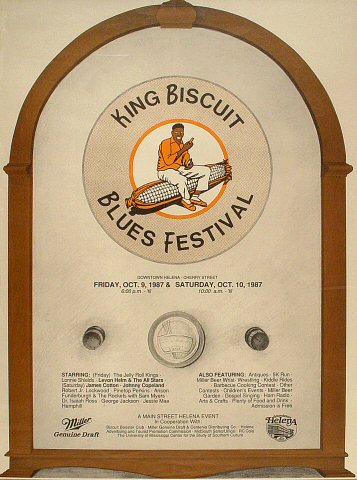 As if passing the leisure torch from one to the another, a younger Elvis reaches for the hand of Ukelele Ike (‘Uke Child Burse’).
As if passing the leisure torch from one to the another, a younger Elvis reaches for the hand of Ukelele Ike (‘Uke Child Burse’).
By the eighties King was recognized as a blues legend. He gained a 1984 Grammy for best conventional blues recording for Blues n’ Jazz; he appeared on the album Rattle and Hum with the Irish rock band U2; and he received a Lifetime Achievement Award at the 1988 Grammy awards ceremony. In the early nineteen nineties King was inducted into the Rock and Roll Corridor of Fame, obtained a Presidential Medal of Freedom from George Bush (1924-), and even earned a star on Hollywood’s Walk of Fame. Live at San Quentin, launched in 1990, earned him one other Grammy. He was also the owner of B. B. King’s Blues Club and Restaurant on Beale Road in Memphis.
This year’s competition – which will showcase some 2,500 artists in some 500 concerts, 350 of that are freed from cost – pays tribute to New Orleans. The Crescent Metropolis, so named due to its location on the bend of the Mississippi River. Louisiana’s Canadian cousins, north of the Mason Dixon Line, starting with Pageant President Alain Simard, not only deemed it well timed to make use of the festival to turn the world’s moral compass toward the very birthplace of jazz – so tragically hammered by the ravages of Hurricane Katrina almost one year in the past and frolicked to dry – but to salute the Crescent City and express their solidarity.
In later years, we got here to know Travanti as Frank Furillo on Hill Avenue Blues. He performed the Captain of a busy, pressure cooker police station who could keep his cool underneath the strain. The character was additionally a recovering alcoholic. Most have no idea that Travanti was additionally a extreme alcoholic who virtually let that affliction consume him years earlier. What most also do not know is that in contrast to his character, Travanti could not preserve it together and broke down on stage lengthy before that.
After this bluesy statement, beginning within the fourth measure, Hen, in a whispering statement that looks like a proof, shifts gears right into a level of sophistication rarely heard within the blues of this time. In the sixth measure (3:07), Parker actually falls out of this mode of enjoying, via an alternate tonal path in the form of a descending semi-pentatonic determine, once more melodically shadowing Brown’s bass line with sophisticated rising and falling voice-main in the essential pivoting space of seventh and eighth measures, hitting every passing tonality while still sustaining his melodic emphasis.



